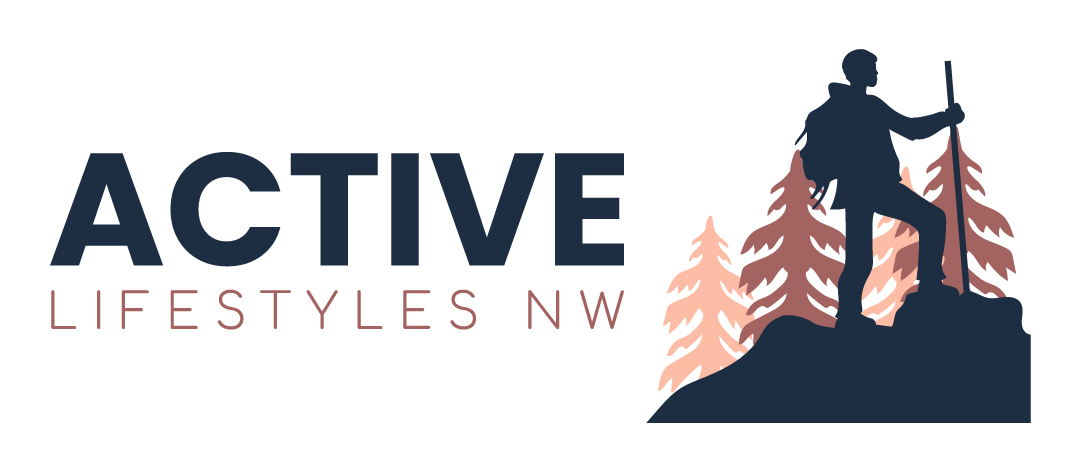Newport, Oregon – Five abandoned snowy plover chicks and a rehabilitated adult male are being released back to the wild by the U.S. Fish and Wildlife Service and partners. The birds, federally and state listed as threatened, were rescued in early July by plover monitors from the Institute for Natural Resources, Portland State University and U.S. Forest Service staff.
A father and two chicks were rescued on the Oregon Dunes National Recreation Area after plover monitors discovered that the father was gravely injured and the mother had disappeared. The other three chicks were recovered while hatching from a nest in the Bandon area. The parents of the Bandon area nest had disappeared from unknown causes.
Biologists hope to add vital information on how to treat plovers and restore plover populations, according to Laura Todd, Field Supervisor, Newport Field Office of U.S. Fish & Wildlife Service (Service). “As our populations increase and our monitoring efforts continue, we are likely to see the occasional orphaned nest or injured adult. Rehabilitation efforts not only save individuals of a vulnerable plover population but also teach us how to best treat and house the birds if we ever need to respond to a more catastrophic event,” said Todd.
The Oregon Coast Aquarium cared for the birds following their rescue. “Our goal at the Aquarium was to raise the chicks to be healthy and strong, to give them the best chance of survival out on the beach,” said CJ McCarty, Aquarium Curator of Birds, “The Service will release the two groups of chicks back to the specific beaches where they were found.” McCarty said the aviculture and veterinary staff were particularly pleased with the adult plover’s recovery “He came in with a pretty poor prognosis, and now we are looking forward to his release!” McCarty said that for the Aquarium and the bird staff, “Supporting the plover recovery program in this way is a real privilege.”
Such recovery efforts are only possible with the assistance and support of a team of dedicated partners. An exemplary partner, Pets on Broadway, quickly provided overnight supplies of food for the birds at a reduced cost. The Fish and Wildlife Service, U.S. Forest Service, Oregon Coast Aquarium and Institute for Natural Resources shared costs of maintaining, transporting, and monitoring the rehabilitation and release. These partners are important contributors to plover recovery and are the foundation of the most successful recovery programs.
The western snowy plover is a native shore bird that lives on the beach year-round. Recent counts indicate about 290 adult birds are in Oregon, an increase from a record low 28 birds in 1992. The main reason for their decline was loss of habitat and predation. Snowy plovers need flat continuous areas of sand with no grass. They used to inhabit Oregon’s beaches up and down the coastline, but developments and beach grass have destroyed much of their habitat and increased predator numbers. Recovery efforts since the 1990’s have dramatically increased the population in Oregon, with current levels near recovery goals in Oregon and Washington.
The Oregon Coast Aquarium receives no on-going governmental support and relies on visitor-related revenues, grants, and donations to finance its annual operations, including its wildlife rehabilitation activities. Additional funding for these projects comes directly out of the money budgeted for the care of the Aquarium’s 15,000 marine animals. To help support the Aquarium’s rehabilitation efforts, please call (541) 867-4931.
For more information, go to http://www.fws.gov/pacific/.



